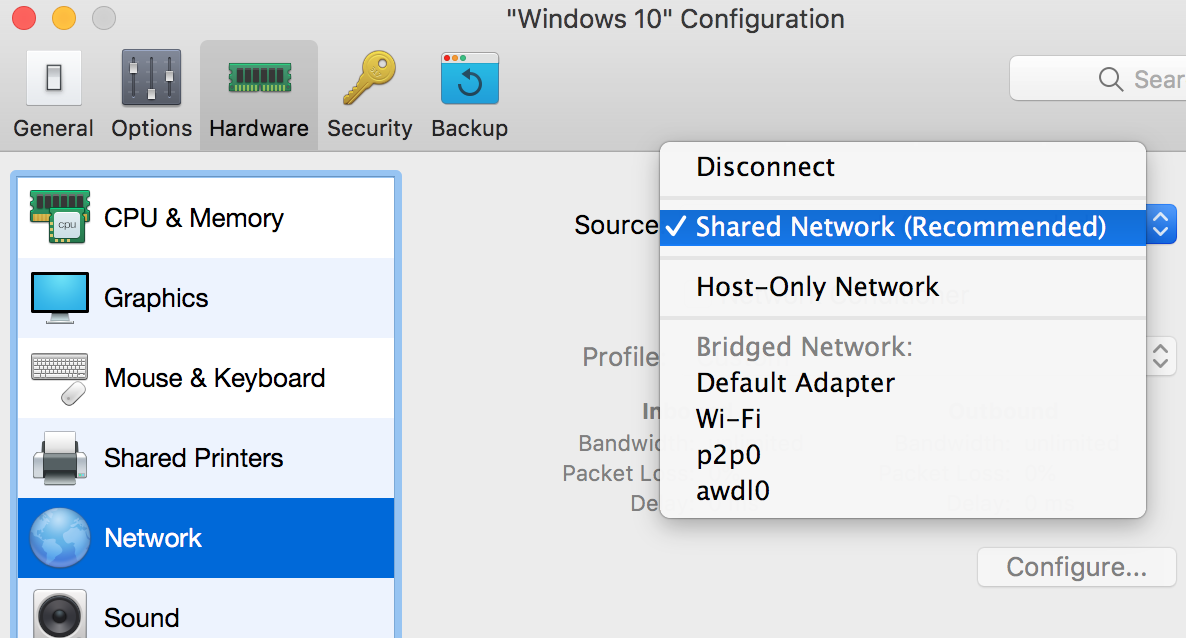Any virtual machine installed will require its own, self-contained antivirus program. For example, I run Parallels Desktop 9 with XP, Windows 7 and Linux CentOS 6 VMs. On XP and Windows 7, I use Microsoft Security Essentials and ClamAV on the Linux VM. On OS X, I am running Kaspersky Internet Security. Windows 11 is on Microsoft enthusiasts' minds, as one would expect. But it's also a much-anticipated OS for certain Mac users who can now look forward to it arriving on their systems via Parallels.
Premium Antivirus by Dr.Web is an award winning virus scanning and filtering software. It provides reliable, effective, and lightweight protection for your mailboxes from viruses, trojans, worms, and other malware. Premium Antivirus offers the following benefits: Scans all incoming and outgoing mail traffic on the server. Obviously Parallels support is going to recommend AV software from the vendor with whom they have a business relationship. Kaspersky is good, but you can use any Windows AV software in your VM, including free versions. I personally use Panda Free AntiVirus, but others such as AVG, Avast, and Avira also get excellent reviews. Not recommended in a virtual environment (aka Parallels and Fusion): - AVG - Norton stuff - McAffee stuff Recommended: - Microsoft Security Essentials - Antivir - Avast Search for antivirus software on both Parallels and Fusion forums. This will give you plenty of user experiences with antivirus products in a virtual environment.

Do you plan on browsing the net, downloading files and getting emails on the Windows install? If so you might consider it. If you aren't going to do any of those things when you are working in Windows I don't see a need for any AV software.
It is not true that windows can get infected by a virus all by itself. That is a Urban Myth. It always take some User Action for any computer to get infected with a virus or malware. The User Has to DO Something to allow those thing to get on a computer.
Antivirus For Parallels On Windows
Apr 29, 2014 2:00 PM